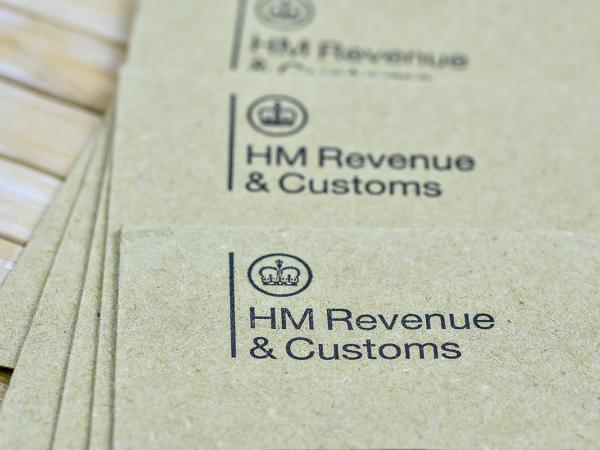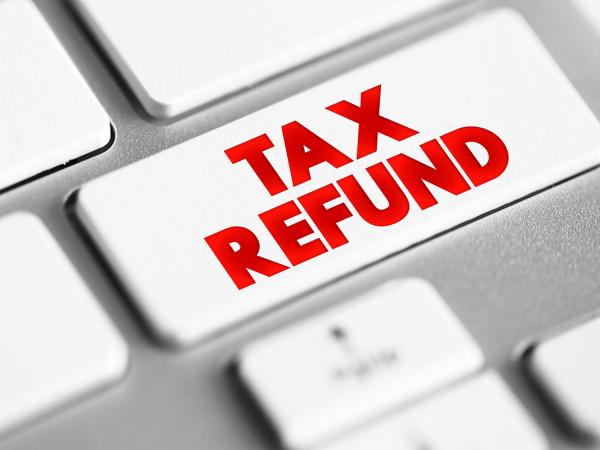PAYE at the end of the tax year
We explain about the forms you should receive if you are within PAYE at the end of the tax year and the processes that HMRC carry out to check your tax.

Content on this page:
Form P60
If you are employed or receiving a pension at the end of the tax year (5 April), your employer or pension provider should give you a form P60 or its equivalent by 31 May. The form P60 is an ‘end of year certificate’, which shows your pay (or pension income) and the income tax and National Insurance contributions deducted in the tax year, and possibly any pay and tax from an earlier employment in the same tax year.
If you have more than one employment or more than one pension at the end of the tax year, you should receive a form P60 from each employer or pension provider.
It is important to keep your form P60 safe. If you lose your form P60, you can ask your employer or pension provider for a replacement, but it can take some time to get the replacement.
Alternatively, you can view or print the information from the form P60 on your Personal Tax Account. Or, you can ask HMRC for the information that was on the form P60.
PAYE reconciliation process
Each time your employer or pension provider pays you, they tell HMRC how much they have paid you and how much tax they have taken off.
HMRC should carry out a reconciliation after the end of the tax year to check you have paid the correct tax under PAYE. This is based on their calculations and the information they hold.
If their reconciliation shows that you have paid the correct amount of tax, no further action is likely to be needed.
However, the PAYE system does not always result in you paying the correct tax by the end of the year. Checking your coding notices should help to minimise any problems.
If HMRC’s reconciliation shows that you have not paid the correct amount of tax, they are likely to send you a form P800 tax calculation. They will send this to you after the end of the tax year once they have put all your records together. This is normally in the summer months following the end of the tax year.
Your P800 tax calculation may show that you are due a tax refund. There is information about how to claim a tax refund in relation to PAYE on our page PAYE tax refunds.
If HMRC send you a P800 calculation that shows you owe tax, you will usually have to pay it back. There is more information about what to do if your P800 shows that you owe tax on our page PAYE underpayments.
However, HMRC may not have correct and current information about your circumstances. This may mean that they think you have paid the correct tax, even if this is not the case. It is important to check your own tax position under PAYE.
You may need to tell HMRC about additional items that might mean you have underpaid or overpaid tax.
More information
HMRC’s guidance on form P60 is available on GOV.UK.
If you overpay tax through PAYE, you may be able to claim a tax refund.



